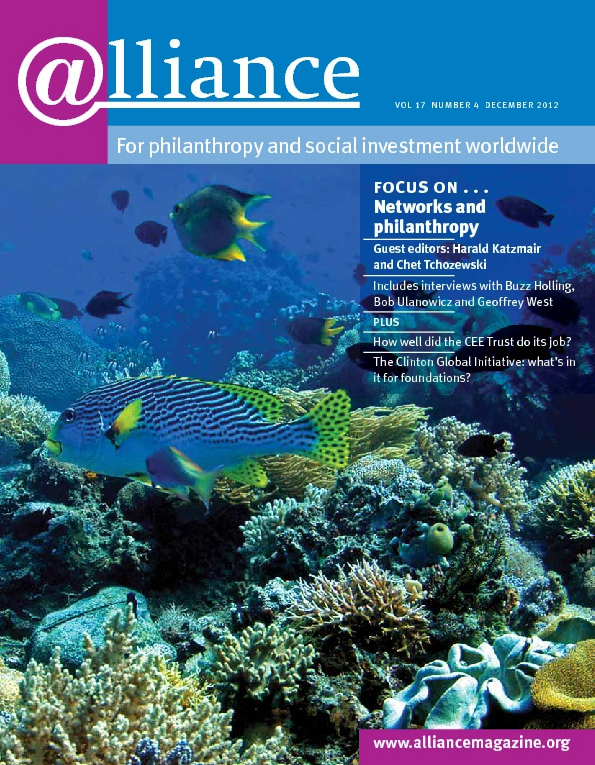At the outset let me say that these blogging notes are my own impressions of key themes emerging from a fantastically rich African Grantmakers Network Assembly experience. I am not aspiring to cover the entire proceedings of an Assembly that took place over four days, during a wide array of plenaries, parallel sessions, satellite events, impromptu side meetings, exhibitions and evening celebrations. What follows is points arising during the plenary sessions, to which in a sense the various parallel sessions provided more optimistic and practical counterpoint.
Assembly gatherings were organized to cover the ‘What’s New? What’s Now? What’s Different?’ themes over three successive days. Plenary sessions took place in the mornings, and a range of parallel sessions in the afternoons. From the outset a number of major themes emerged and these were revisited in various ways throughout the conference. Madame Graça Machel set the tone during the opening plenary with her contention that African philanthropy needs redefining in a more humble and inclusive manner, characterized by inclusivity and the voice of community.
Money should not be the first consideration of African philanthropy. Aspiring donors and foundations should be listening to the voices of ordinary people and supporting innate creativity and entrepreneurial action. Education is an absolutely vital enabler in Africa – this must enhance consciousness of human dignity and social justice. A key challenge to be confronted is that aid and philanthropic funding for African causes has historically not come ‘from African hands’ – this in spite of the fact that there is no shortage of resources in Africa. Therefore the work is to build a continent-wide culture of African cooperative philanthropy, where local individuals and institutions invest in African causes. These were some of the messages coming out of the AGN Assembly.
Twin themes weaving throughout the Assembly were notions of ‘voice’ and agency. Philanthropy should facilitate and amplify citizen voices in a manner honouring the agency of ordinary people as they fashion their own development. Related to this was the issue of a changing view of African leadership and governance: many postcolonial countries have not made the transition from struggle leadership to constitutional democracy. Regimes are illegitimate because the nature of power has not evolved beyond militarization and liberation politics. There is collusion between corrupt governments and big business: for example multinational corporations operating in African countries are allowed to evade taxation – thus depriving local economies of critical financial resources. Africa is ruled by ‘old men’: it is time for new, youthful, educated and ethical leadership to take power. Economics and politics at both continental and national levels require democratization. Building the power of civil society across the continent should be the single most important contribution of African philanthropy.
The role of Africa’s youth was a recurring conference theme, together with the contribution of new technologies, for example in the ‘Arab Spring’ countries. Dr Mamphela Ramphele, quoting Aung San Suu Kyi, reminded us that ‘the quintessential revolution is the revolution of the mind’. A new conscientization of the young must take place, or Africans will continue to elect abusive leaders. In this regard ‘solidarity’ was another Assembly watchword: collective crafting of a common vision for the continent will involve thinking beyond social, political and economic boundaries. Madame Machel suggested that what is needed is for Africa to move beyond ‘lists’ such as the MDGs towards a coherent and integrated African agenda.
Innovation, new ideas and knowledge are central to the emerging paradigm. The proceedings of this Assembly could form the basis of an Africa-wide movement for change. However the challenge raised by Dr Ramphele was: ‘ … without good governance no amount of good grantmaking will make a difference – social justice issues arise because citizens don’t count in post-colonial Africa.’ So how do citizens make change happen and what is the role of African philanthropy in ensuring that the necessary coherence emerges?
Colleen du Toit is CEO of CAF Southern Africa.
Event: African Grantmakers Network Assembly
Date: 29 October-2 November 2012
Location: Johannesburg, South Africa
Organizer: African Grantmakers Network






Comments (0)